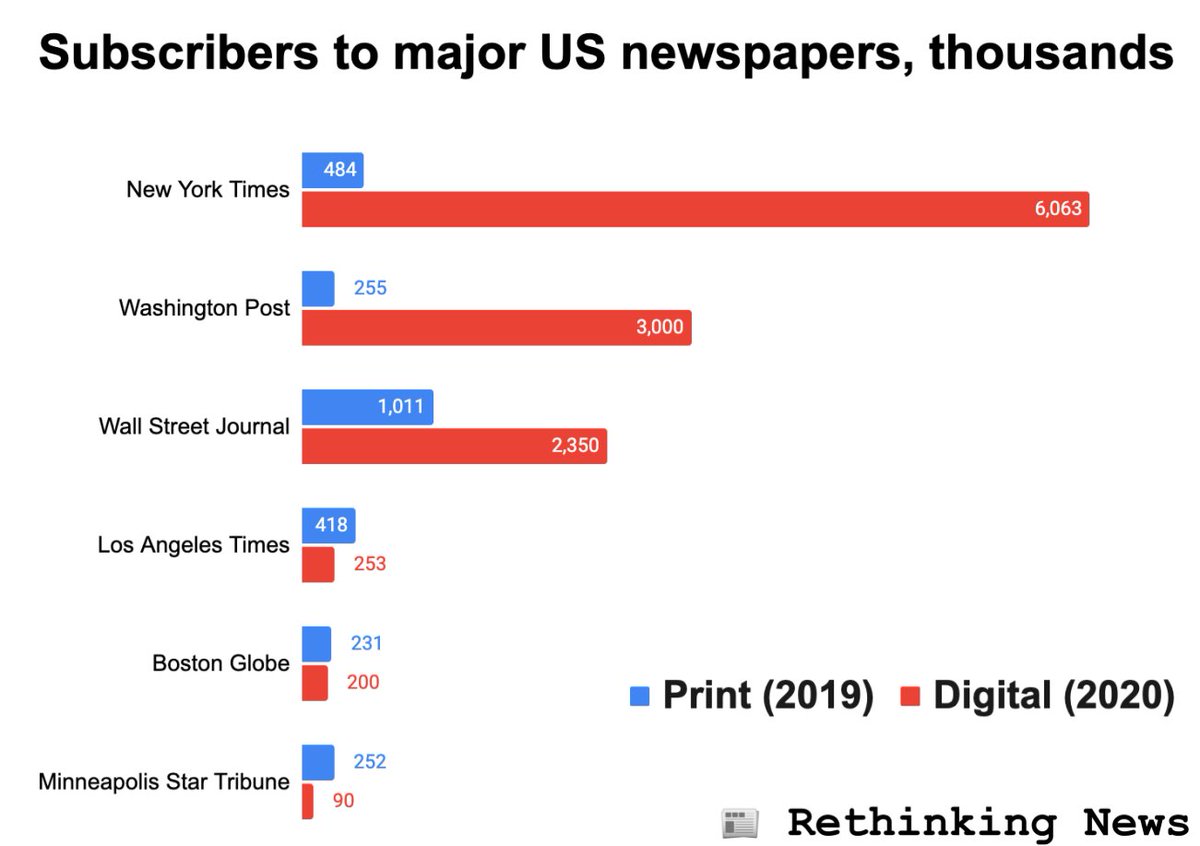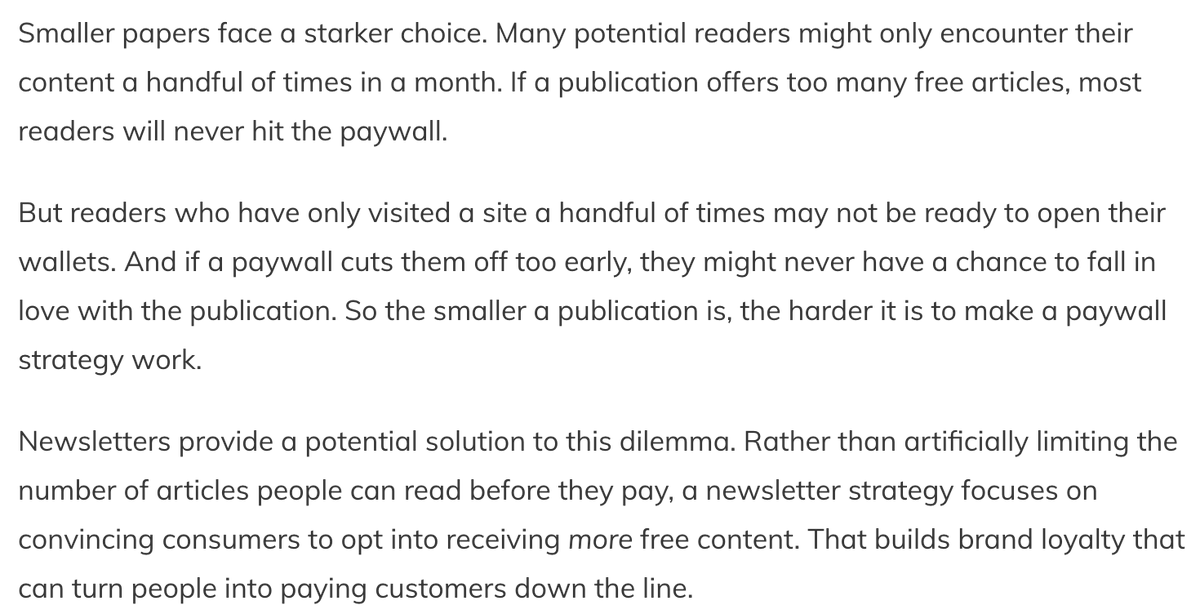
I was on vacation last week when a16z launched Future, but some quick thoughts about that and the broader frictions between Silicon Valley and the media...
So far Future isn't close to being a rival of mainstream news outlets. It seems like a good niche magazine for people in (and interested in) the tech sector. But if the goal is to shift the balance of tech coverage in a more positive direction, a few essays won't do it.
The power of mainstream media comes from the fact that they cover a broad range of topics, and hence draw in a broad cross-section of the public. Given that most people are not directly involved in tech, most people are going to get their news about tech from mainstream sources.
Tech people complain that the press frequently makes mistakes in their coverage of their industry. They are not wrong. But this isn't unique to tech. If you talk to people in any technical field (doctors, lawyers, marine biologists) you'll get a similar story.
On any beat, there's a mix of reporters with deep expertise in their subjects and reporters who don't really know what they're talking about. The people who run major news outlets are (by necessity) generalists who can't easily tell the difference.
Until recently I worked at @arstechnica, a publication that tries, and I think largely succeeds, in only hiring reporters with deep expertise and only doing work that subject matter experts respect.
But the result is a publication that is extremely popular among subject matter experts (software engineers, scientists, etc.), but is too in-the-weeds to be interesting to the broader public. Most people get their tech news from elsewhere.
We can and should try to do better. I have some ideas for building a network of newsletters that might help with this problem. But there's a fundamental tradeoff between depth and breadth that's never going to be fully solved.
The fundamental problem is that high-quality, deeply-researched content is more expensive to produce than superficial stuff. And it doesn't make business sense to produce the high quality stuff if the audience can't tell the difference.
• • •
Missing some Tweet in this thread? You can try to
force a refresh






